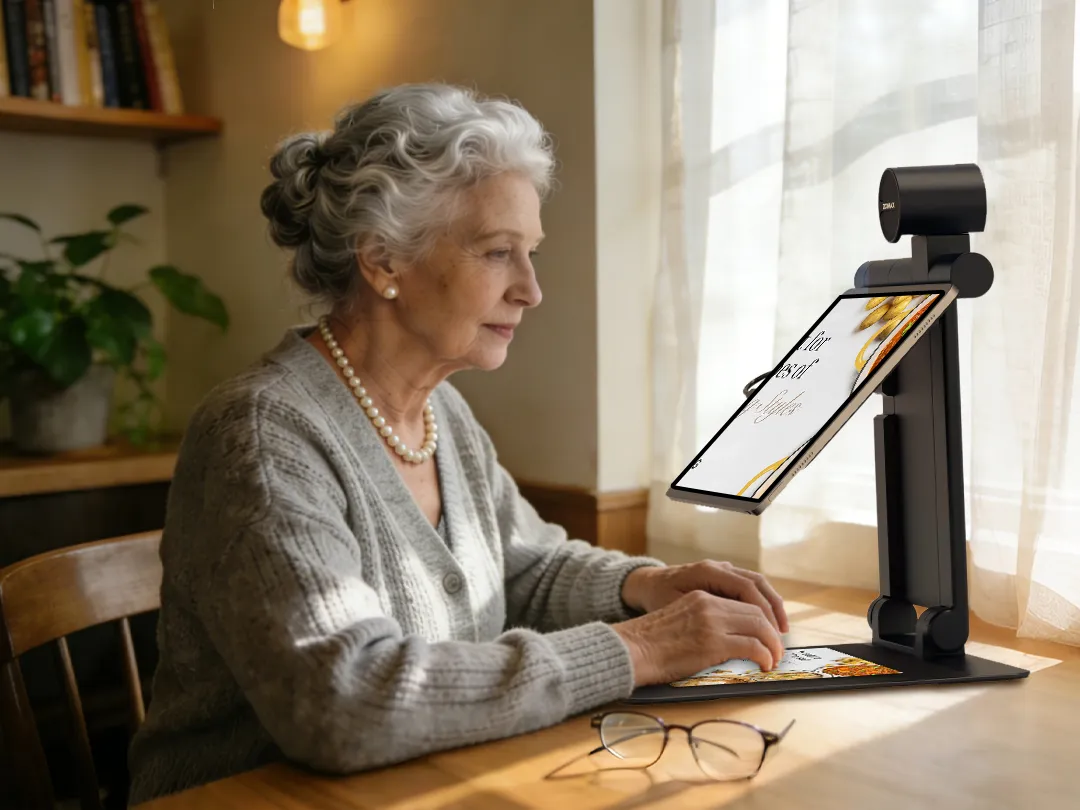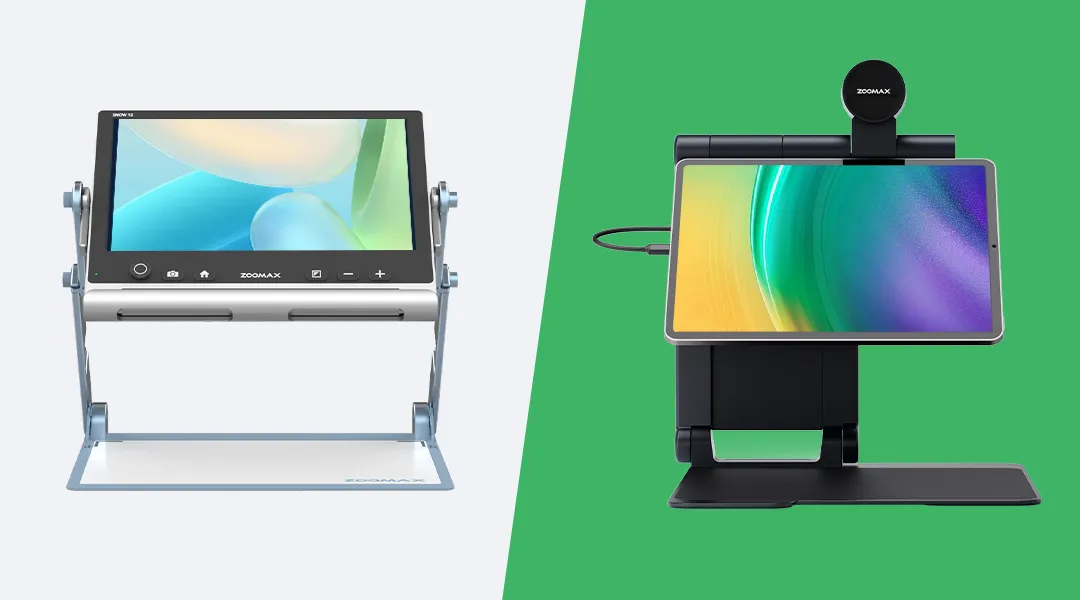Hypertension, also known as high blood pressure, is a widespread medical disorder that affects millions of people worldwide. While the influence on heart health is well known, the link between hypertension and eye health is sometimes disregarded. Understanding the impact of high blood pressure on the eyes, on the other hand, is critical for maintaining normal visual function.

Many Americans suffer from high blood pressure. One sure thing is that males have it at a greater risk compared to women (47% vs. 43%), so your gender may play a role in whether you’re in danger. This danger should not be overlooked. In 2017, for instance, 500,000 people died as a result of high blood pressure, which was a contributing factor.
 People do everything they can to manage it since it can be fatal. One thing people may not expect is how it affects their eyes. Patients may discover this during a normal eye checkup, which is not ideal. High blood pressure, medicine, or conditions in which high blood pressure plays a role can all have an influence on eye health, and it is important to be aware of the dangers early on.
People do everything they can to manage it since it can be fatal. One thing people may not expect is how it affects their eyes. Patients may discover this during a normal eye checkup, which is not ideal. High blood pressure, medicine, or conditions in which high blood pressure plays a role can all have an influence on eye health, and it is important to be aware of the dangers early on.
What’s the Cause of Hypertension?
High blood pressure occurs when blood pressure falls above normal levels. Blood pressure changes gradually and can have a variety of underlying causes and consequences. A normal blood pressure reading is 120/80mmHg. That’s 120 millimeters of mercury (mm Hg) above 80 millimeters of mercury (mm Hg), an analog technique of showing trapped pressure. The pressure from your arm moves the mercury needle on a scale. High blood pressure, if left untreated, can cause the heart’s tissues to weaken and strain, eventually leading to heart disease, a potentially deadly illness.
 Fat or oil accumulation in the arteries as a result of excessive ingestion of sugar and fat is one typical cause of high blood pressure. It’s fairly simple: if the insides of your veins get physically blocked, the pressure in the system might shift. The question of “by how much” can be considerably more challenging. However, even tiny veins at the back of your eyes can be damaged by high blood pressure.
Fat or oil accumulation in the arteries as a result of excessive ingestion of sugar and fat is one typical cause of high blood pressure. It’s fairly simple: if the insides of your veins get physically blocked, the pressure in the system might shift. The question of “by how much” can be considerably more challenging. However, even tiny veins at the back of your eyes can be damaged by high blood pressure.
Hypertension can have a variety of underlying reasons. Understanding these factors is critical to know how to control intraocular pressure and reduce its effects on eye health. Some of the major elements that contribute to hypertension are as follows:
- Genetics
The occurrence of hypertension is significantly influenced by family history. You might be more likely to get high blood pressure if your parents or other close family members do.
- Unhealthy Lifestyle Choices
Various factors related to lifestyle might lead to hypertension development. These include smoking, drinking too much alcohol, eating a lot of salt and saturated fats, not exercising enough, and being overweight or obese. These lifestyle choices may result in weight gain, high cholesterol, and insulin resistance, all of which may increase blood pressure.
- Underlying Health Issues
Hypertension can be exacerbated by a number of medical disorders. Examples include chronic renal illness, diabetes, hormonal imbalances (such as hyperthyroidism or Cushing’s syndrome), and sleep apnea. These illnesses can have an impact on blood pressure control in the body, either directly or indirectly.
- Age and Gender
As people get older, their chances of acquiring hypertension rise. After menopause, the risk increases in women. Men are more likely than women to acquire hypertension until the age of 45 when the risk begins to even out.
- Ethnicity
When compared to other populations, some ethnic groups—like African Americans—have a higher propensity for hypertension. Genetic factors, as well as lifestyle and socioeconomic variables, are likely to impact this elevated risk.

Hypertension has repercussions that go beyond the cardiovascular system. Long-term high blood pressure can harm blood vessels all over the body, especially those in the eyes. The fragile blood vessels of the eyes are especially vulnerable to the effects of hypertension. High blood pressure can cause changes in the structure and function of these arteries, resulting in negative consequences on eye health.
How Does Hypertension Affect Your Eyes?
 Hypertension has a substantial impact on eye health, mostly by influencing intraocular pressure (IOP). The pressure imposed by the fluid inside the eye, known as aqueous humor, is referred to as intraocular pressure. A careful balance occurs between the generation and drainage of this fluid in order to maintain steady IOP. When this equilibrium is upset, however, high IOP can develop, leading to a variety of eye illnesses and visual impairments. Here’s a deeper look at how high blood pressure affects the eyes:
Hypertension has a substantial impact on eye health, mostly by influencing intraocular pressure (IOP). The pressure imposed by the fluid inside the eye, known as aqueous humor, is referred to as intraocular pressure. A careful balance occurs between the generation and drainage of this fluid in order to maintain steady IOP. When this equilibrium is upset, however, high IOP can develop, leading to a variety of eye illnesses and visual impairments. Here’s a deeper look at how high blood pressure affects the eyes:
High blood pressure over an extended period of time might impair the delicate systems involved in maintaining appropriate IOP. Higher resistance in blood vessels throughout the body, particularly those in the eyes, can interfere with the outflow of aqueous humor from the eye. This poor drainage causes fluid accumulation, resulting in excessive ocular pressure. Ocular hypertension, defined by increased IOP, is frequently related to hypertension.
Eye Illnesses Caused by High Ocular Pressure
Hypertension-related elevated ocular pressure can play a role in the development of numerous eye illnesses, including:
- Glaucoma
Glaucoma is a category of eye disorders defined by optic nerve injury, which is frequently coupled with elevated IOP. This disorder can be exacerbated by hypertension, raising the risk of developing glaucoma. Glaucoma, if left untreated, can cause gradual peripheral vision loss, tunnel vision, and, in extreme cases, permanent blindness. Regular eye examinations are necessary for the early diagnosis and management of glaucoma.
- Hypertensive Retinopathy
Hypertensive retinopathy is a disorder defined by alterations in the blood vessels of the retina caused by high blood pressure for an extended period of time. Blood flow to the retina can be impeded by constricted, obstructed, or leaky retinal blood vessels, resulting in retinal injury. If left untreated, this illness can cause vision alterations such as blurred vision, visual disturbances, and even vision loss.
- Retinal Vein Occlusion
A blockage in the veins that transport blood away from the retina causes retinal vein occlusion. This disorder is made more likely by hypertension. Occlusion of the retinal veins can cause abrupt visual loss or impaired vision. Immediate care is required to avoid future problems and preserve eyesight.
- Optic Neuropathy
Hypertension can lead to the development of optic neuropathy, a disorder in which the optic nerve is damaged. Elevated intraocular pressure can reduce blood supply to the optic nerve, causing optic nerve injury and probable vision loss. Reduced visual acuity, alterations in color vision, or blind areas in the visual field may be symptoms.
How to Reduce Influence on the Eyes
Effective hypertension management is critical for preserving eye health and lowering the risk of ocular problems. Individuals can lessen the effects on their eyes by practicing blood pressure management techniques. Consider the following approaches:
- Blood Pressure regulation
Managing hypertension well via lifestyle changes and, if required, medicines can help regulate ocular pressure. The risk of increased IOP and accompanying eye disorders can be reduced by keeping blood pressure within a reasonable range.
- Regular Eye Exams
Routine eye exams are critical for maintaining eye health, especially in hypertensive people. Early detection of excessive ocular pressure and eye disorders by eye care specialists allows for prompt intervention and therapy.
- Healthy Lifestyle Habits
A healthy lifestyle can improve both blood pressure and eye health. Regular exercise, a healthy diet high in fruits and vegetables, appropriate hydration, enough sleep, and stress management can all help to maintain ideal ocular pressure and general eye health.
- Vision Improvement
For people suffering from hypertension or eye diseases caused by excessive ocular pressure, vision improvement aids can be quite beneficial. Magnifiers, adapted glasses, and adaptive technologies can improve visual functionality, enabling independence and a higher quality of life.

Hypertension has a major influence on eye health and visual function in addition to cardiovascular health. People can take proactive actions to manage hypertension and reduce its effects on the eyes if they grasp the delicate link between high blood pressure and ocular problems. Individuals may protect their eye health and maintain good vision for years to come by making lifestyle changes, adhering to recommended treatments, having frequent eye exams, and using vision enhancement aids.



